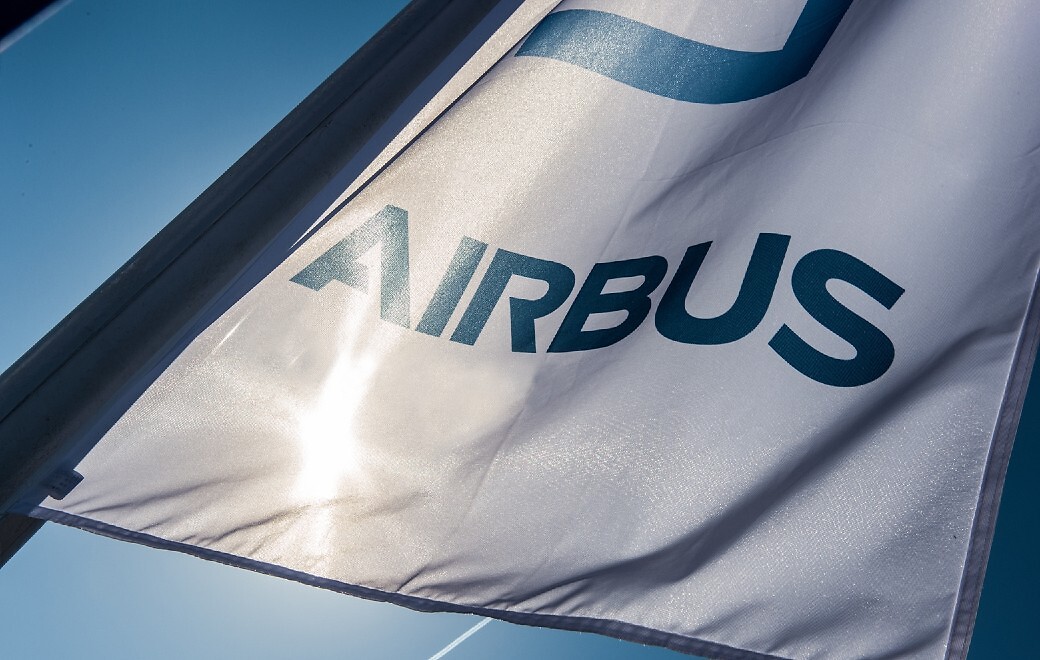Airbus has cut its full year commercial aircraft deliveries from 800 down to 770 aircraft in its 2024 guidance update on June 25, 2024. Additionally, its ramp up target for A320 family aircraft of 75 aircraft per month has shifted from 2026 to 2027. The company said the adjusted trajectory reflects persistent supply chain challenges in a ""degraded operating environment"".
Specifically, a high level of missing parts in the supply chain, issues surrounding engines, aerostructures, and cabin equipment in the supply chain has made a significant impact on Airbus' output performance. In an investors call following the guidance update, Airbus CEO Guillaume Faury said the missing parts were coming from a broad range of suppliers but was largely impacting its aerostructure businesses: Airbus Aerostructures and Airbus Atlantic.
Faury recalled the ""complex"" operating environment that was not showing ""any signs of improvement"" in the first quarter of the year. He said that it has been further complicated against the backdrop of geopolitical tensions and even greater supply chain challenges.
""The overall economical and geopolitical landscape is not an easy one and it is contributing to the challenges we see,"" said Faury. ""We need to keep going the hard way and face the reality as well as we can."" He added that the aviation industry will likely be in this ""unstable"" landscape ""for some time"" and Airbus will need to adapt its ramp up plans accordingly.
""We are facing headwinds right now; we have to bite the bullet,"" Faury added. He said the engine issues are coming from both Pratt & Whitney and CFM ""at the same time"" and is making ""life much more complicated"" for Airbus, with previous issues stemming only from ""one or the other"" engine manufacturer.
He added that there is a decreased demand for interiors from airlines as they are increasingly returning to old aircraft and refurbishing them due to the lack of new aircraft in the market.
Recent reports are circulating concerned with Boeing being near to closing its deal with reacquiring the parts manufacturer, Spirit AeroSystems. The manufacturer develops key parts such as fuselage, propulsion, and wing systems. Spirit has played a key role in supplying Boeing with its fuselage systems for the 737 programme. Faury said Spirit is one of its ""critical suppliers"" to its programmes. Spirit builds the wing leading and trailing edge elements of all the A320 family of aircraft.
He added that there is ""ongoing discussions to protect the sourcing of our programmes"".
With its continued ramp up efforts, along with it committing to safety and quality, Faury noted there would be a temporary overstaffing.
The original equipment manufacturer (OEM) scaled back its adjusted EBIT to be around €5.5bn, down from between €6.5bn and €7bn. Its free cash flow before customer financing is forecast to be around €3.5bn, down from €4bn.
Around €900 million of charges on space programmes have been added to its second quarter, Airbus said in its update. It said that its telecommunications, navigation, and observation programmes were mostly impacted through a new management team with subject matter expertise with an extensive technical review of the programmes and have revised assumptions on various factors such as schedules, supply chain, risks, and costs. In addition, a strong competitive environment with high-tech, complex technologies poses greater development risk.
Following the announcement, Airbus' shares were down 10.5% as of June 25, 2024, at 11:50 CEST. Its half year results will be published on July 30, 2024.
Airbus cuts full year delivery guidance as supply chain issues persist

